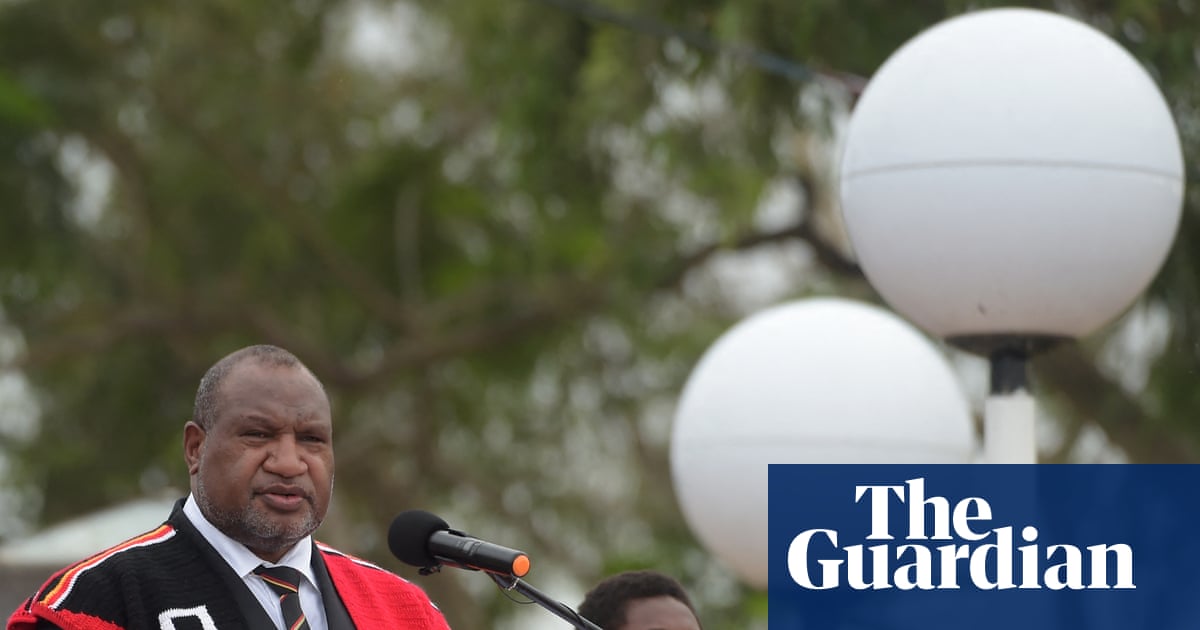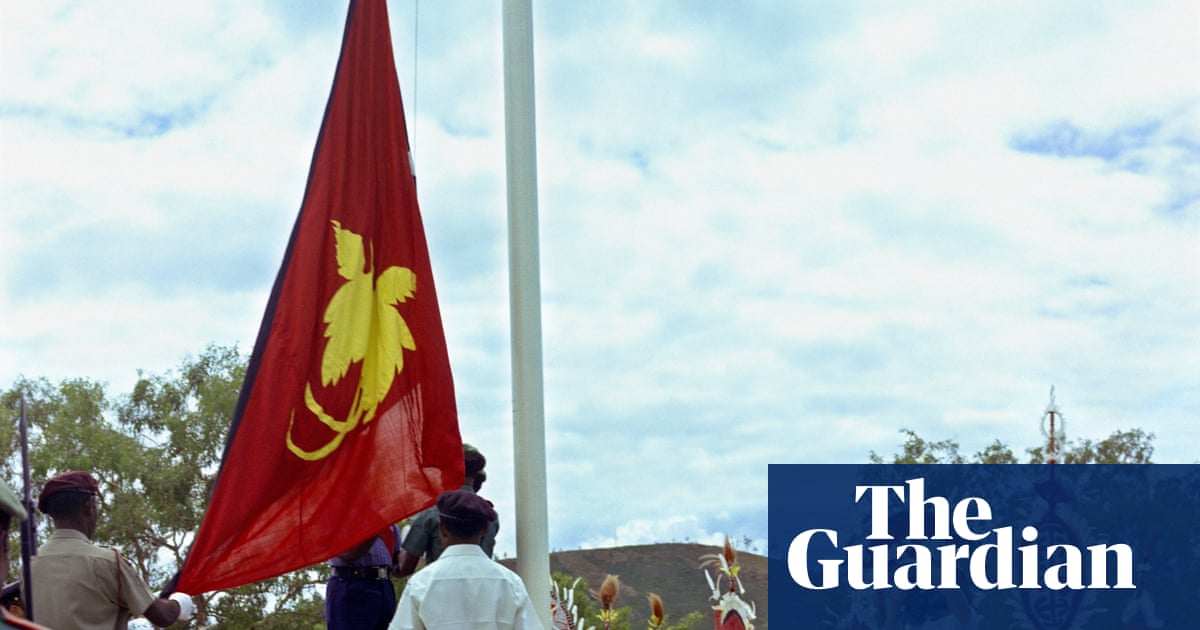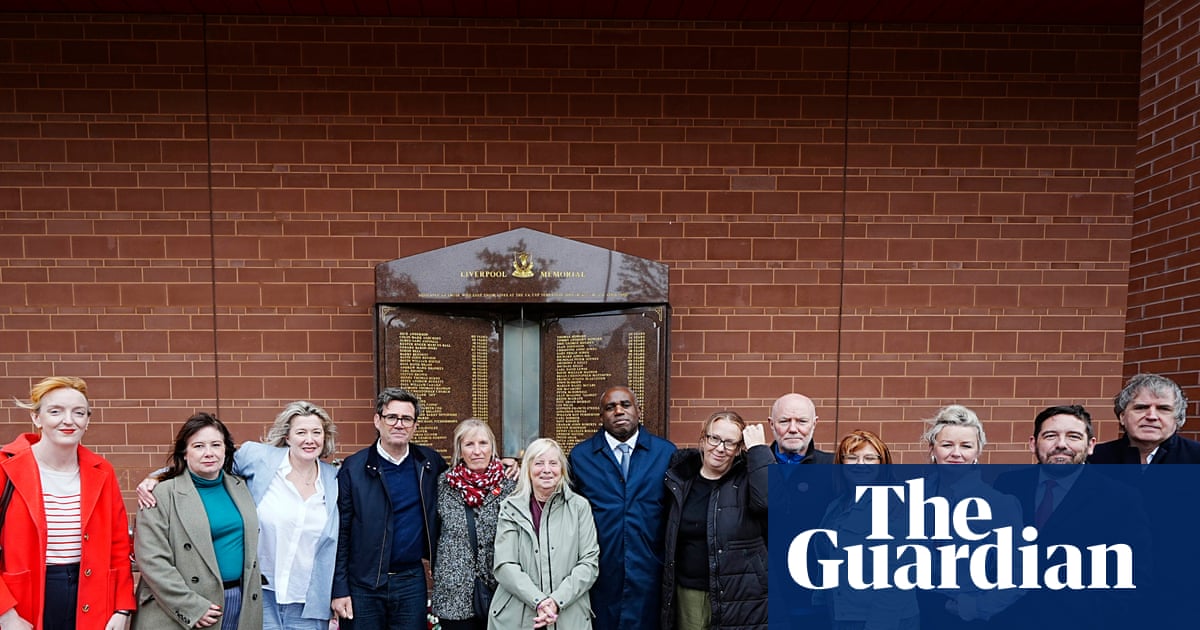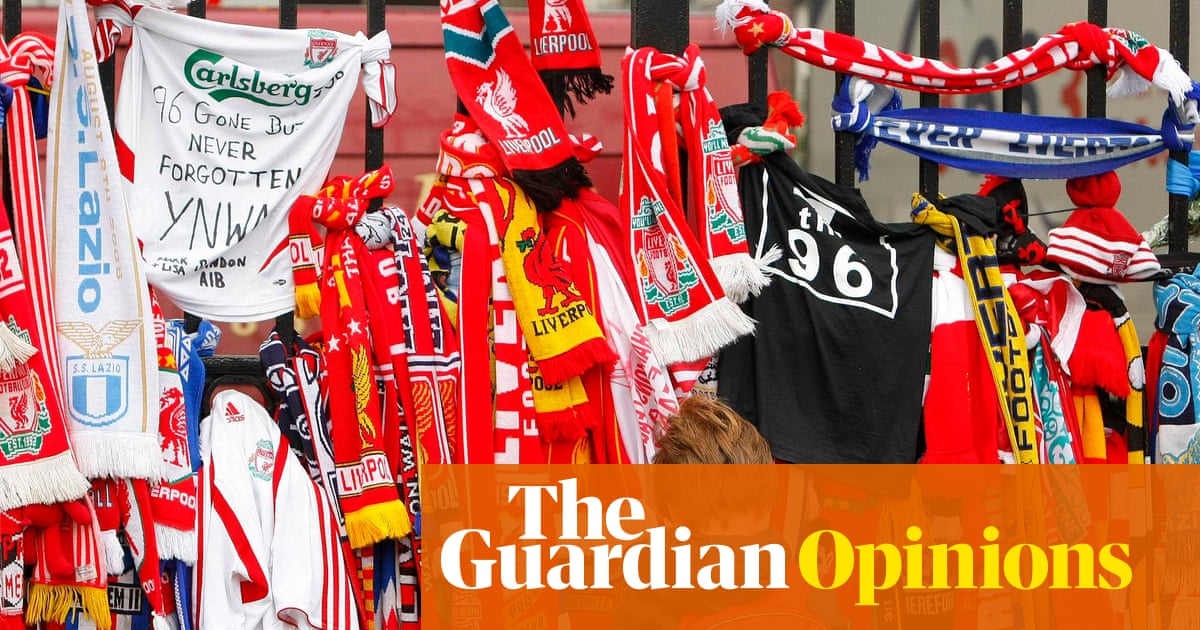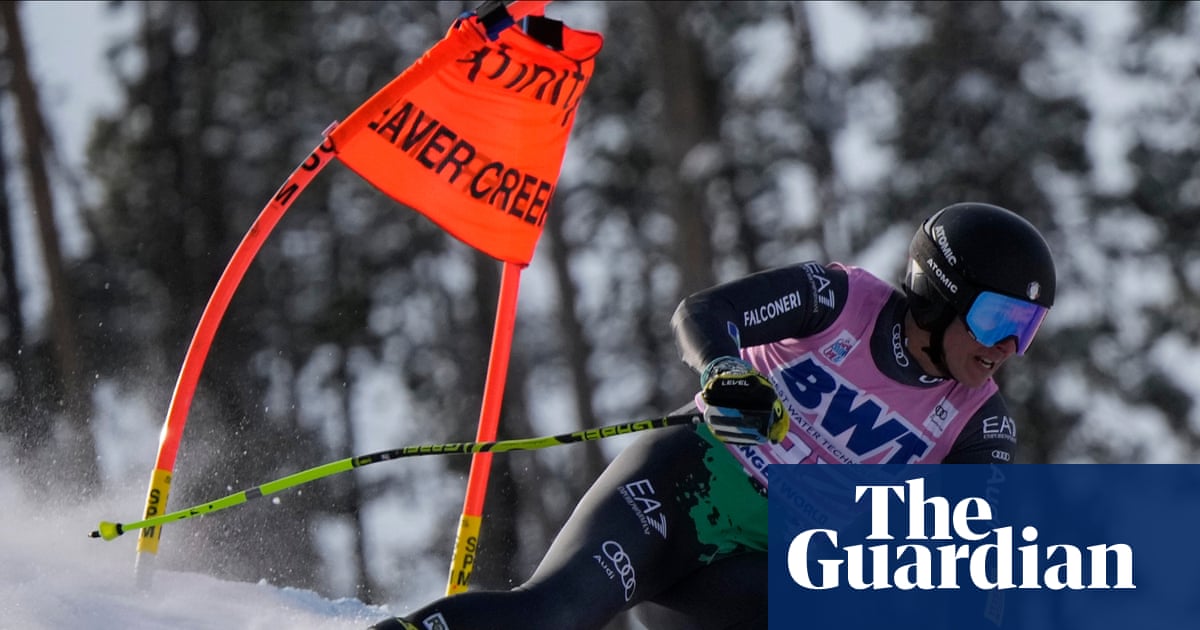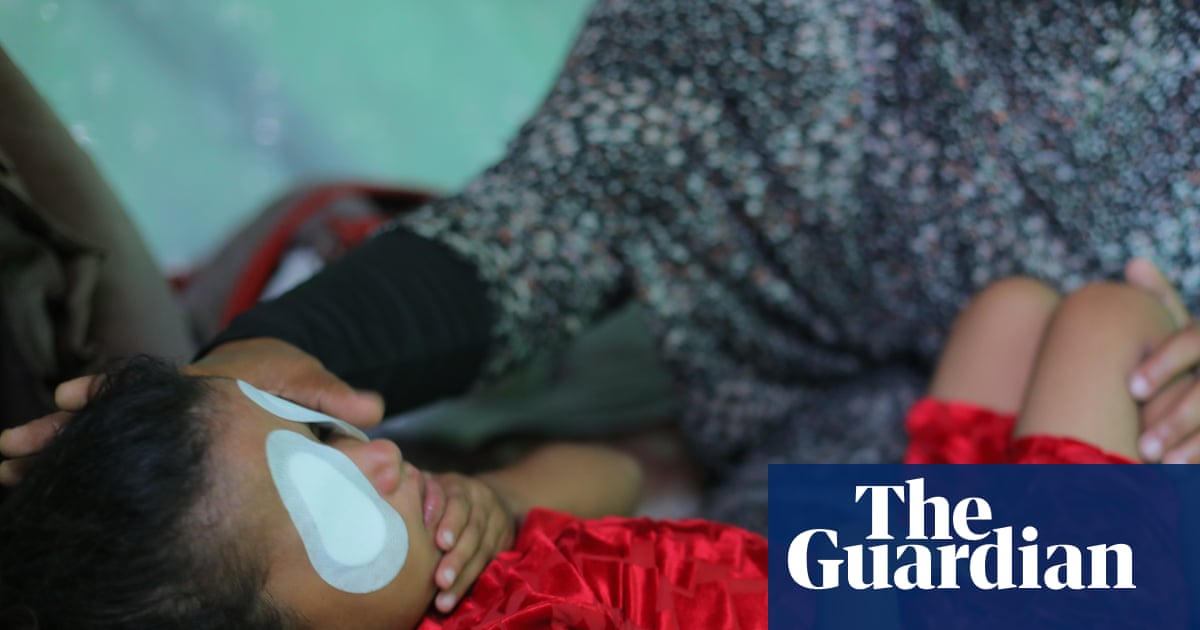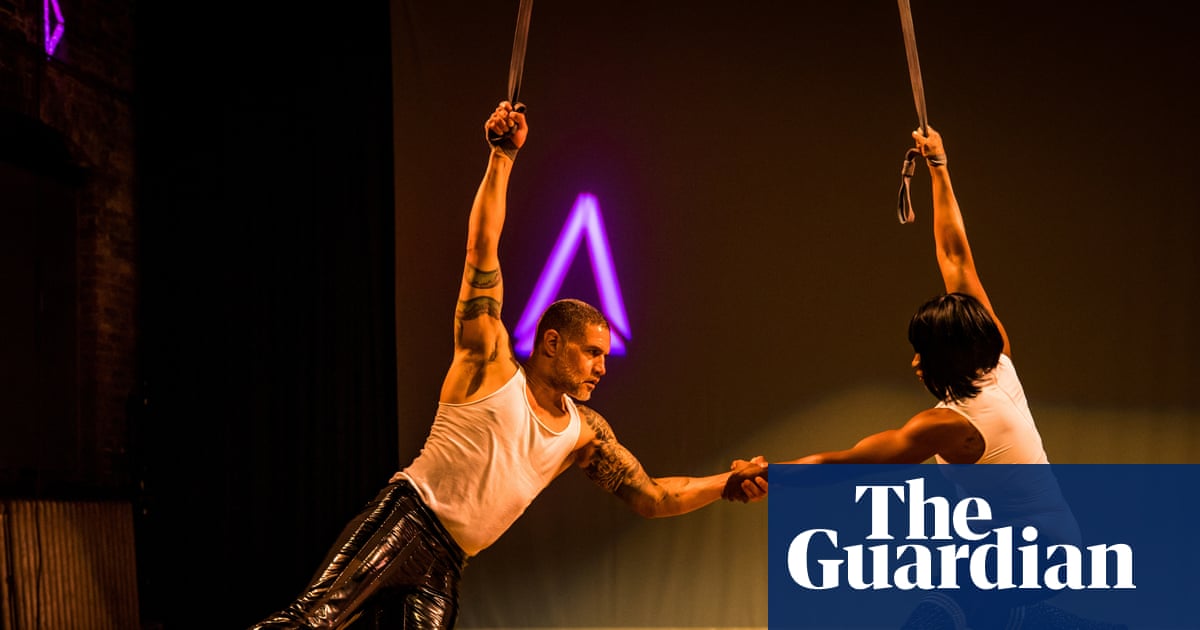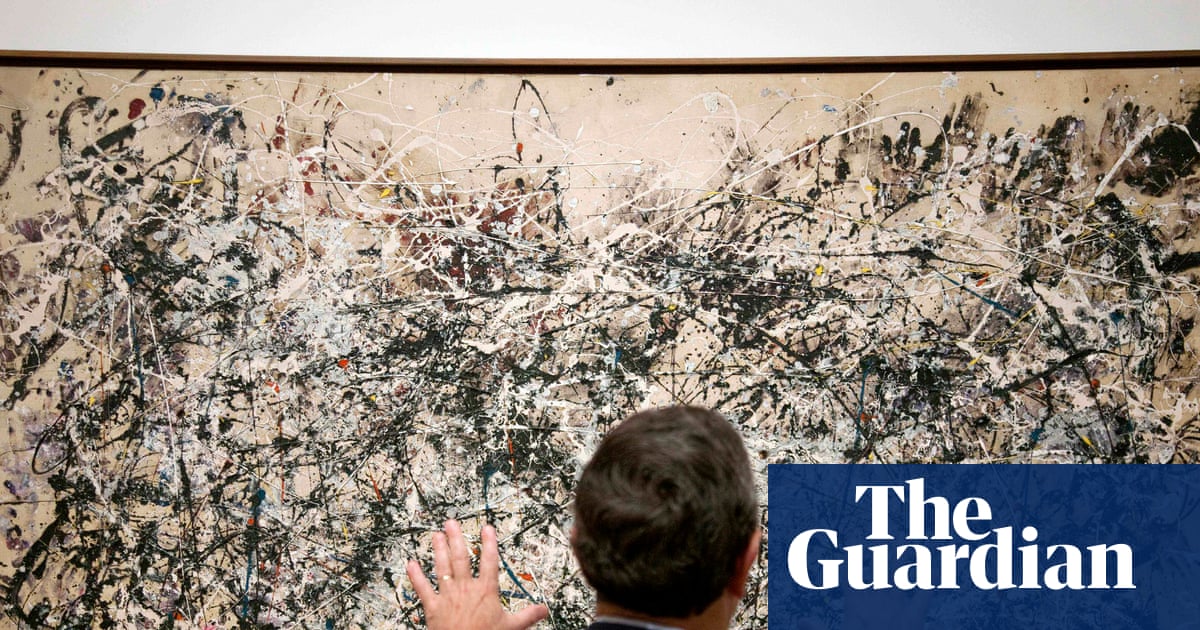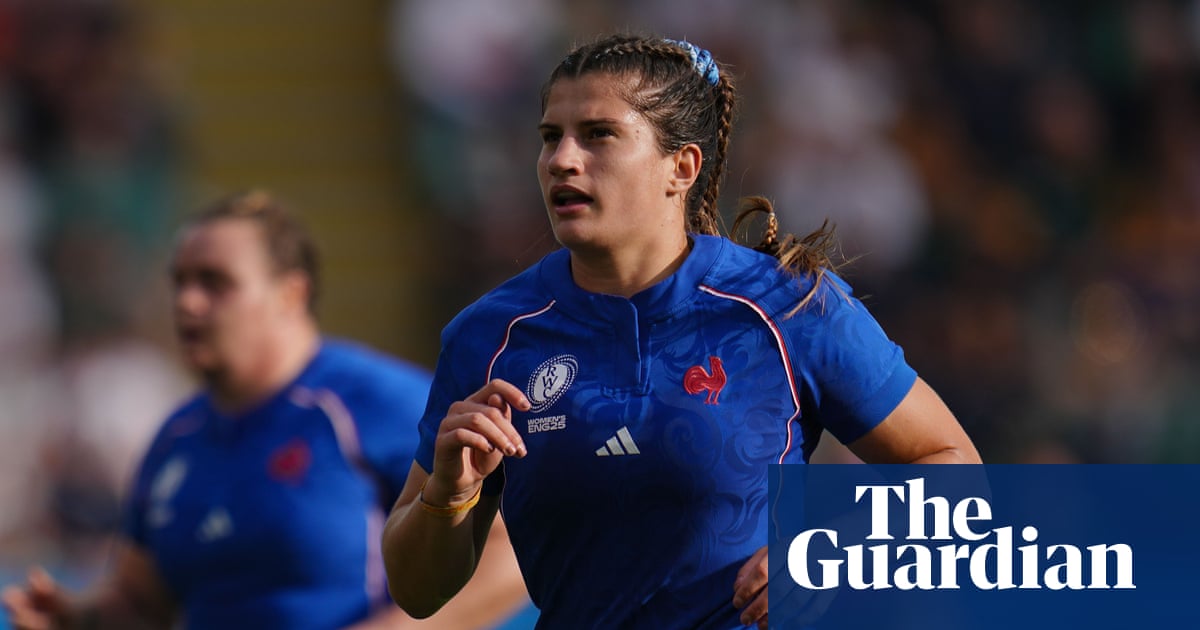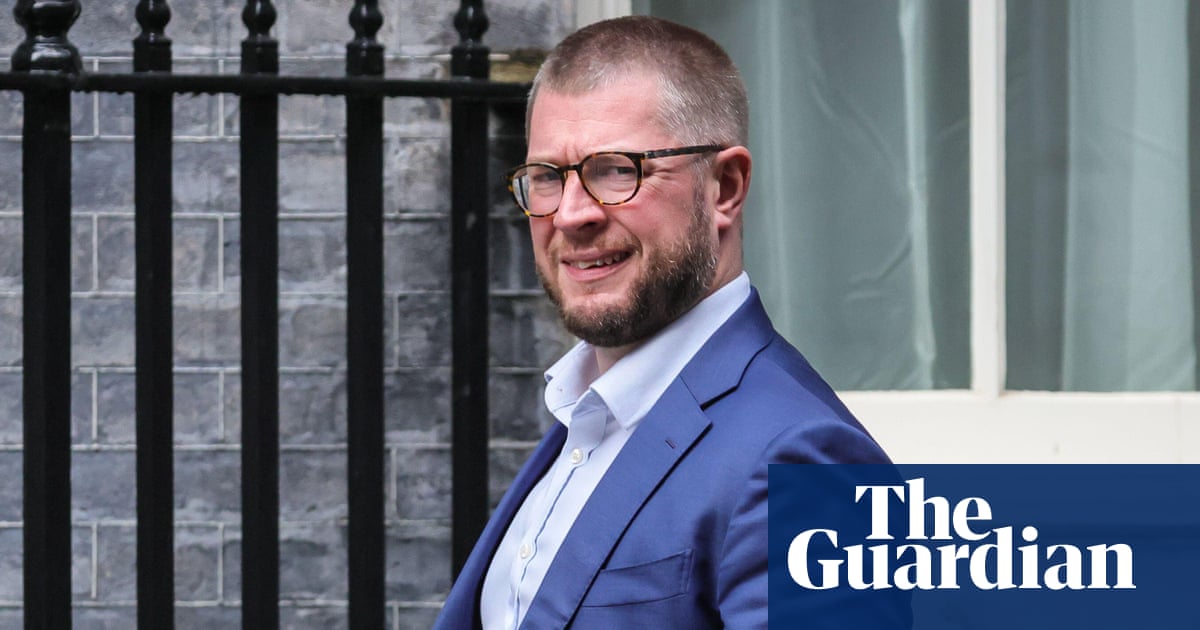Three years ago, Fortuna Sittard entered the women’s game to much fanfare. The club owner, Atilla Aytekin, boldly stated the aim within three years was to qualify for the Champions League, the club hiring the former Netherlands head coach Roger Reijners and signing talismanic Belgian forward Tessa Wullaert to spearhead their dream.
They came close, remarkably finishing third in their first season having gone straight into the Eredivisie, but three years on the club has now just played its final game as a professional outfit, rather than preparing for European football.
The reason? The all-too familiar financial burden on the club. “We started quite big,” admits Bo Breukers, who has been in charge of the women’s department for the past three years. “Our new minority owners wanted to change things across the club and had three pillars to invest. Two already existed at a high level, the men’s team and the academy, so they wanted to invest and create a women’s team.
“We had a pretty big budget, started to make plans, start from the top with the first team and reach as high as possible, then work down to the youth teams. That’s why we wanted results from day one, brought in Roger and Tessa, but we had some impressive players throughout the squad.”
The team’s primary sponsor, Principion, agreed to a three-year budget, giving time for Breukers and the club to source further sponsors and outside investment along the way, but it never came, and three years on the dream has ended. The last game was a 2-0 defeat to ADO Den Haag on Friday night, which meant they finished eighth in the league.
“We knew from the beginning we had a sponsor for three years; the objective was to find the sponsors to help the team stand on its own two feet, but it has been difficult to find … let’s say it the easy way, money. As a club, we have had a lot of challenges on the financial side, that’s why the board has decided to stop.”
Just one year ago, the team reached the KNVB Cup final for the first time, with Wullaert the Eredvisie’s top scorer, but as the situation tightened, both she and Reijners moved on, with the team gradually sliding down the table ever since.
Jitze Vos, a long-time supporter of the women’s team and also a previous intern at the club during its first season, was at the club’s final game in The Hague on Friday night. “I had a strange feeling the whole day,” he said. “And when the final whistle blew, I literally thought, ‘Shit, this is it.’ It was the end of three years, from doing my internship with the team to reaching the cup final.
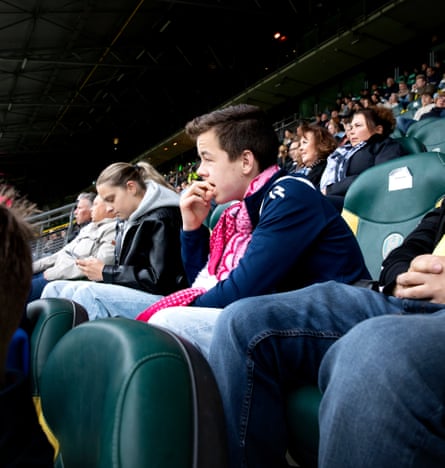
“I could see how emotional the players were, and it really got to me. I hope all of them find great new clubs. I’ll definitely keep following some of them, because once a Fortunees, always a Fortunees.”
The formal announcement was made little over a month ago, and while Vos admitted it was a “shock” to find out, he also wasn’t totally surprised. “I was at work when I heard the news,” he recalled. “Suddenly, I started getting messages from people and friends. I was really disappointed, but the reality of it hadn’t fully hit me at that point.”
He added: “I actually saw it coming a bit though. Last summer, the budget for the women’s side was cut in half. Back then, I already had a feeling they might stop, but they continued for another season, thankfully.
“When the decision finally became official, I had mixed emotions. On the one hand, it’s really sad for the girls and for women’s football in Limburg. On the other hand, it just didn’t bring in much for the club. There wasn’t much promotion around the women’s team – compared to the men, who got a lot more attention. Strangely enough, it was only in the final game that they suddenly started promoting the women’s team more heavily.”
Breukers is honest in admitting he feels the same and takes some personal responsibility for not prioritising building a bigger fanbase over the past three seasons, to create sustainable income outside the club’s primary sponsors.
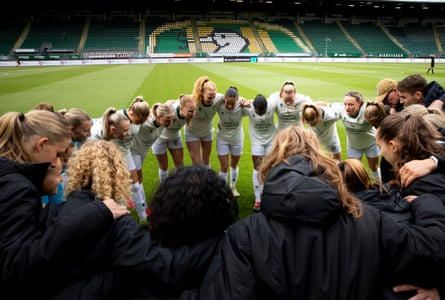
“You see there was a huge growth from 2017 when the Netherlands won the Euros, now it’s steadied a bit which is normal, I think. People stand behind the national team, but to watch clubs there’s a lot less. [Around] 450 watch us in a 12,000 stadium, that’s terrible, you cannot live on that. That’s one example of how tough it was. I didn’t expect 6,000 people, but I expected more.
after newsletter promotion
“We have to be critical of ourselves too. We built a really good structure, we were competitive the first two seasons, gave girls the opportunity to play professional football. Everything around it, from food to training to medical, it was really professional.
“At that level, we invested a lot of money, time, and knowledge, but looking back now we should have grown slower, invest more on bringing people in, the sales, commercial, marketing, communication. There hasn’t been enough time put in to find those people, so we have to be critical of ourselves and me of myself for that.”
Breukers does admit he believed the sport would “grow faster” off the back of national team success, adding that the Netherlands is far from replicating the successful TV deals and sponsorship deals seen in the likes of England via Sky Sports and Barclays, hoping the existing deal which runs all the way to 2030 will take into account the women’s teams and leagues more prominently when it is renegotiated.
For now, they will work with a local amateur club to develop their coaches and players, give them chance to use their stadium, and see where it takes them, meaning Fortuna will be involved with women’s football at a much lower level.
For Vos, he hopes clubs don’t see Fortuna as the rule, but the exception. “More clubs should invest in women’s football because girls should also be allowed to dream of becoming professionals, just like the boys. And hopefully one day, the salaries will be equal too – that’s what equality should look like.”
Get in touch
If you have any questions or comments about any of our newsletters please email [email protected].
-
This is an extract from our free weekly email, Moving the Goalposts. To get the full edition, visit this page and follow the instructions. Moving the Goalposts is back in to its twice-weekly format, delivered to your inboxes every Tuesday and Thursday.

 3 months ago
81
3 months ago
81
